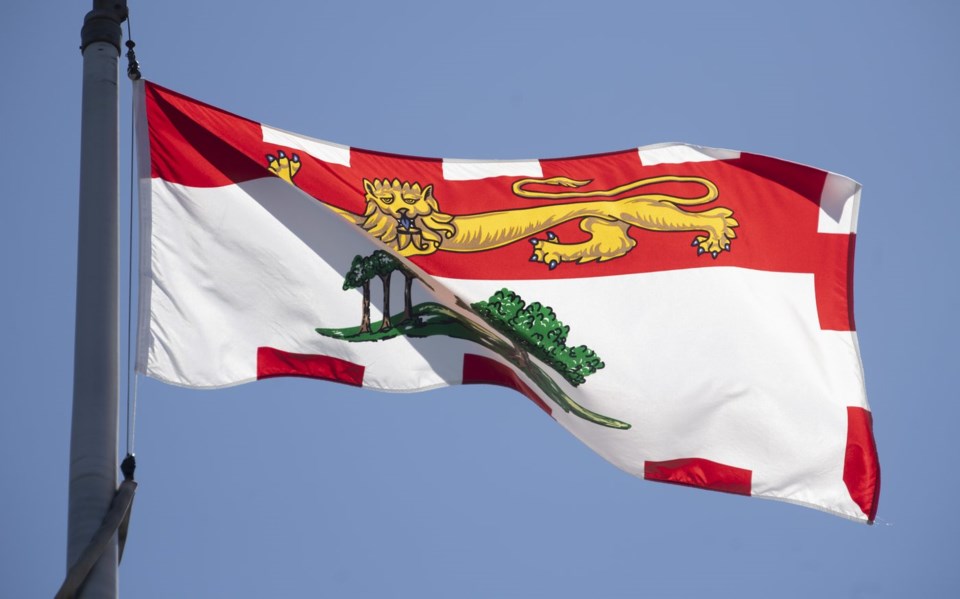CHARLOTTETOWN — Representatives of Prince Edward Island's tourism industry say Ottawa's decision to cap international student permits will lead to labour shortages in the sector.
Holland College announced last week that due to the cap — and a drop in enrolment — it would end eight programs, including three that train students in the hospitality sector. In addition, 35 employees of the college will be laid off.
Corryn Clemence, the CEO of the Tourism Association of P.E.I., said in an interview Monday that operators of hotels, restaurants and festivals have relied on the programs as a pipeline of employees.
Clemence said "in the next couple of years ... we know this will have a huge impact on us," as the flow of students in marketing and advertising management; tourism, travel and event management; and hotel and restaurant operations management, comes to an end.
The school is also ending programs in project management, energy systems engineering, electronics engineering and legal administration.
Students already on the Island and enrolled in the programs being dropped will be able to finish their second year, but no new students are being accepted in September.
Susan Freeman, director of Meet P.E.I., said her group's partners across the Island rely on the programs to hire students to run their accommodations and to plan events — and the industry appreciated having a trained workforce.
"There's already a shortage of trained individuals in our industry. Without these particular programs putting students through the pipeline into our industry, it will have a deeply negative impact," she said.
Tourism draws close to 1.7 million visitors a year to the Island and generated about $88 million in provincial tax revenues last year.
Sandy MacDonald, the president of Holland College, said in an interview Monday that Ottawa's caps have led to an 83 per cent loss of the school's international student body, and a $7-million drop in revenue.
MacDonald said Ottawa's changes ended the college's ability to offer the foreign students a post-graduation work certificate, enabling them to work for three years after completing their diplomas.
"Canada's reputation as a great post-secondary education destination among international students has dropped dramatically because they feel like we've changed the rules midstream and we're no longer interested in international students," he said.
"There are many small and medium businesses here in P.E.I. who rely on international students for their part-time workforce and who also rely on these graduates to fill full-time jobs."
Ricardo Salvini, the vice-president of operations at Rodd Hotels and Resorts, said the tourism industry has previously snapped up the graduates from tourism-related programs each year, and would also employ the students in temporary positions during their summer breaks or work terms.
He said his company's five hotels and two resorts would normally hire from eight to 12 people in various positions each year.
Salvini, who came from Brazil and entered the Holland College hospitality program six years ago, said it's "devastating" to lose the source of trained employees. The industry will now have to devote more resources to on-the-job training rather than gaining employees with experience, he said.
He fears the province will lose its appeal to international students: "If they come to the Island and then, after graduating, they can't work, then why would they come? They're going to go to other places."
This report by The Canadian Press was first published April 14, 2025.
— By Michael Tutton in Halifax.
The Canadian Press



